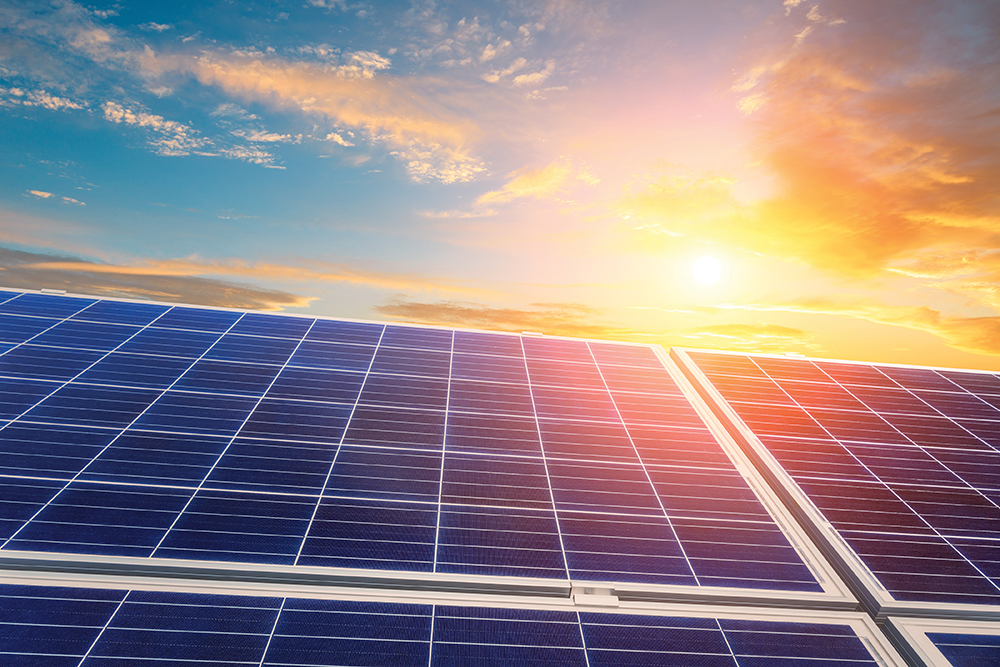The government of South Africa is set to to launch three qualification cycles for the production of 6,800MW of renewable energy in the country. The first qualification cycle is expected to be launched in February this year. Independent power producers (IPPs) will put forward proposals for the production of 2,600MW of solar and wind power.
The second phase, which will begin in August 2021, aims to select companies that will also produce 2,600MW. The third round will be launched in January 2022 for a capacity of 1,600MW.
The government is also planning qualifications for electricity storage with a call for tenders expected to be launched in September 2021. Companies will compete for the storage of 500MW of electricity.
Also Read: 129 localities to benefit from phase 1 of solar mini-grid project in Togo
South Africa’s energy mix
According to the Ministry of Mineral Resources and Energy, South Africa’s total domestic electricity generation capacity is 58,095MW from all sources. Currently coal is by far the major energy source for South Africa, comprising around 80% of the country’s energy mix. However, according to the 2019 Integrated Resource Plan (IRP), 24,100 MW of conventional thermal power sources, specifically coal, are likely to be decommissioned within the next 10-30 years.
While coal may be the dominant source now, its share of total capacity is likely to decrease as more renewable generation comes online in the coming years. South Africa’s Renewable Energy Independent Power Producer Procurement Programme (REIPPPP) for utility-scale transactions signed 27 power purchase agreements in June 2018 to improve renewable energy production in South Africa. The updated IRP outlines a number of steps the government will undertake to improve South Africa’s unreliable and deteriorating energy sector, focusing on greater use of natural gas, maintaining the nuclear sector, while increasing the focus on social inclusion and a “just transition plan” to renewable energy

